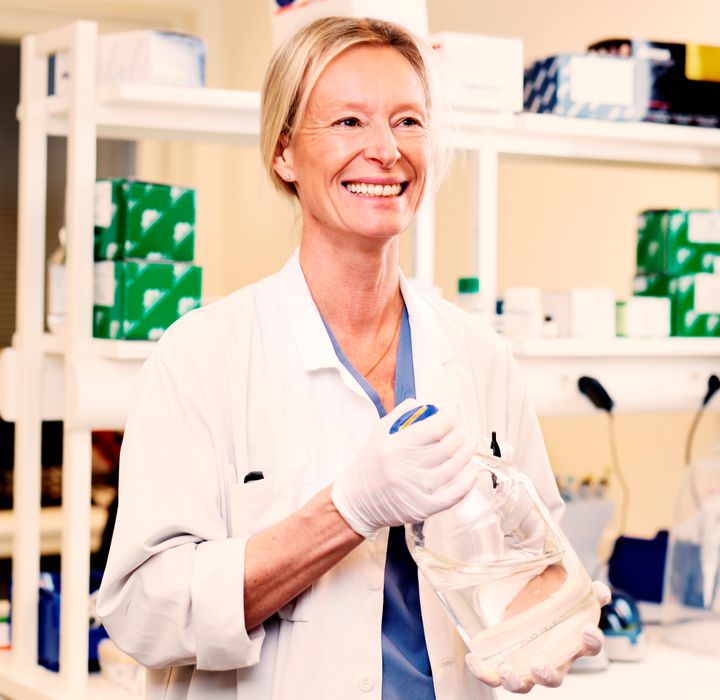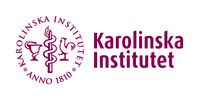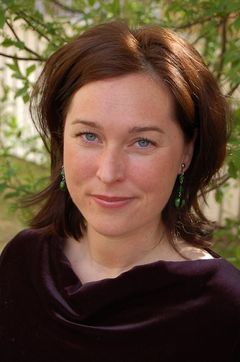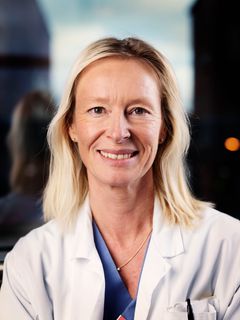Research on medical abortion and miscarriage may change international routines
[PRESS RELEASE 3/27/15] Two scientific studies led by researchers at Sweden's Karolinska Institutet are expected to form the basis of new international recommendations for the treatment of medical abortions and miscarriages. One of the studies, both of which are being published in the journal The Lancet, shows that it is possible to replace the clinical follow-up examinations recommended today with medical abortions that include a home pregnancy test. The other study shows that midwives can safely and effectively treat failed abortions and miscarriages in rural districts of Uganda.

The term 'incomplete abortion' is when there is residual tissue in the uterus following a failed abortion treatment or spontaneous abortion (miscarriage). This can result in bleeding and infection and is a potentially life-threatening condition that can effectively be treated with the medicine misoprostol. Misoprostol is a prostaglandin analogue that causes the uterus to contract and empty its contents.
Some 20 million abortions are performed illegally, and often unsafely, every year at global level. They lead to around 50,000 deaths making unsafe, illegal abortions one of the most common causes of death among women of fertile age. In Uganda there is a very restrictive policy towards abortions, which means that illegal abortions are common, with a large number of incomplete abortions as the result.
With funding from WHO, researchers at Karolinska Institutet and colleagues from Makerere University in Uganda have conducted a study that includes around 1,000 women from rural districts of Uganda. The women had visited the health centres with complications following failed abortions or miscarriages. They were selected at random for treatment with misoprostol from either a midwife or doctor. The women were given a dose of the drug in tablet form at the health centre. After a few hours they were sent home with antibiotics, pain-relief tablets and were instructed to seek medical attention if they developed a temperature, or had pain or vaginal discharge. When the women were examined after two weeks, around 95 percent of the treatments had been performed safely and effectively, and the figure was as high for the midwives as it was for the doctors. The women who still had residual tissue in the uterus were given surgical treatment.
”The study shows that midwives can safely handle the medicinal treatment of incomplete abortions in rural districts of Uganda with misoprostol”, said Dr. Kristina Gemzell Danielsson, Professor at the Department of Women's and Children's Health at Karolinska Institutet and Chief physician at the Department of Obstetrics and Gynaecology at Karolinska University Hospital in Stockholm. ”As the midwives far outnumber the doctors in Uganda and many other low-income countries, this increases the availability of treatment for incomplete abortions and miscarriages, which saves women's lives. The study will form the basis of new guidelines from the WHO, which will recommend that midwives be allowed to handle the treatment of incomplete abortions.”
The other study included some 900 women from Finland, Norway, Sweden and Austria, who sought medicinal abortion treatment up to nine weeks of pregnancy. They were selected at random to either book a follow-up appointment within one to three weeks, which is routine today, or to perform a home pregnancy test which measures levels of hCG in the urine after one to three weeks. When the women were followed up there was no difference between the groups in terms of effectiveness or safety.
”The study shows that it is possible to simplify the routines for medicinal abortions by allowing women to check the completeness of an abortion by perform a urine test at home. This increases the safety of medicinal abortions, as many women today fail to turn up to the follow-up visit. The study is expected to form the basis of new international recommendations from WHO and a change in clinical practice regarding medical abortions in Sweden and globally,” said Dr. Gemzell Danielsson.
This research was funded by the Swedish Research Council, Karolinska Institutet, Stockholm County Council, and Dalarna University, and the WHO provided technical support. First author of one of the current studies has been Marie Klingberg Allvin, researcher at Karolinska Institutet and Associate Professor and Pro Vice-Chancellor at Dalarna University.
Publications:
- 'Comparison of treatment of incomplete abortion with misoprostol by physicians and midwives at district level in Uganda: a randomised controlled equivalence trial', Marie Klingberg Allvin, Amanda Cleeve, Susan Atuhairwe, Nazarius Mbona Tumwesigye, Elisabeth Faxelid, Josaphat Byamugisha, and Kristina Gemzell Danielsson, The Lancetx, online 27 March 2015.
- 'Clinical follow-up compared with self-assessment of outcome after medical abortion: a multicentre, non-inferiority, randomised, controlled trial', Kevin Sunde Oppegaard, Erik Qvigstad, Christian Fiala, Oskari Heikinheimo, Lina Benson, and Kristina Gemzell-Danielsson, The Lancet, 2015 Feb 21;385(9969):698-704, doi: 10.1016/S0140-6736(14)61054-0, Epub 2014 Oct 30.
Contacts
For more information about this research, please contact:
Kristina Gemzell Danielsson, MD, PhD, Professor at the Department of Women's and Children's Health at Karolinska Institutet
Tel: +46(0)8 517 721 28 or +46(0)70 910 78 21
E-mail: kristina.gemzell@ki.se
Marie Klingberg Allvin, PhD, Assistant Professor, Department of Women's and Children's Health at Karolinska Institutet, also Associate Professor and Pro Vice-Chancellor at Dalarna University
Tel: +46(0)23 77 84 69 or +46(0)70 717 44 14
E-mail: mkl@du.se
To contact the Press Office at Karolinska Institutet (http://ki.se/pressroom)
Images
Karolinska Institutet (http://ki.se/english) is one of the world's leading medical universities. Its vision is to significantly contribute to the improvement of human health. Karolinska Institutet accounts for over 40 per cent of the medical academic research conducted in Sweden and offers the country´s broadest range of education in medicine and health sciences. The Nobel Assembly at Karolinska Institutet selects the Nobel laureates in Physiology or Medicine.
Subscribe to releases from Karolinska Institutet - English
Subscribe to all the latest releases from Karolinska Institutet - English by registering your e-mail address below. You can unsubscribe at any time.
Latest releases from Karolinska Institutet - English
New method reveals how the brain and inner ear are formed3.4.2025 20:00:00 CEST | Pressmeddelande
Researchers at Karolinska Institutet have developed a method that shows how the nervous system and sensory organs are formed in an embryo. By labelling stem cells with a genetic ‘barcode’, they have been able to follow the cells’ developmental journey and discover how the inner ear is formed in mice. The discovery, published in Science, could provide important insights for future treatment of hearing loss.
Fluoride in drinking water is associated with impaired childhood cognition7.3.2025 15:30:00 CET | Pressmeddelande
Elevated concentrations of fluoride can occur in well water, and in some countries, it is added to drinking water to counteract caries in the population. A study from Karolinska Institutet in Sweden now supports a few previous studies indicating that exposure to fluoride during the fetal stage or early childhood may impair cognition in children. The study is published in the journal Environmental Health Perspectives.
Children with ARFID face increased risk of disease17.2.2025 17:00:00 CET | Pressmeddelande
Children with avoidant restrictive food intake disorder (ARFID) have an elevated risk of developing psychiatric and physical conditions, a new study from Karolinska Institutet published in JAMA Pediatrics reports. The study highlights the importance of early identification to improve care of these children.
Preterm babies receive insufficient pain management27.1.2025 15:29:17 CET | Pressmeddelande
A large proportion of babies born very early need intensive care, which can be painful. But the healthcare system fails to provide pain relief to the full extent. This is shown by the largest survey to date of pain in neonatal care, now published in the journal Pain.
New study paves way for immunotherapies tailored for childhood cancers20.1.2025 17:00:00 CET | Pressmeddelande
Researchers at Karolinska Institutet and the Astrid Lindgren Children’s Hospital in Sweden have determined how children’s immune systems react to different kinds of cancer depending on their age. The study, which is published in the journal Cell, reveals significant differences between the immune response of children and adults, and has the potential to lead to new tailored treatments for children with cancer.
In our pressroom you can read all our latest releases, find our press contacts, images, documents and other relevant information about us.
Visit our pressroom


